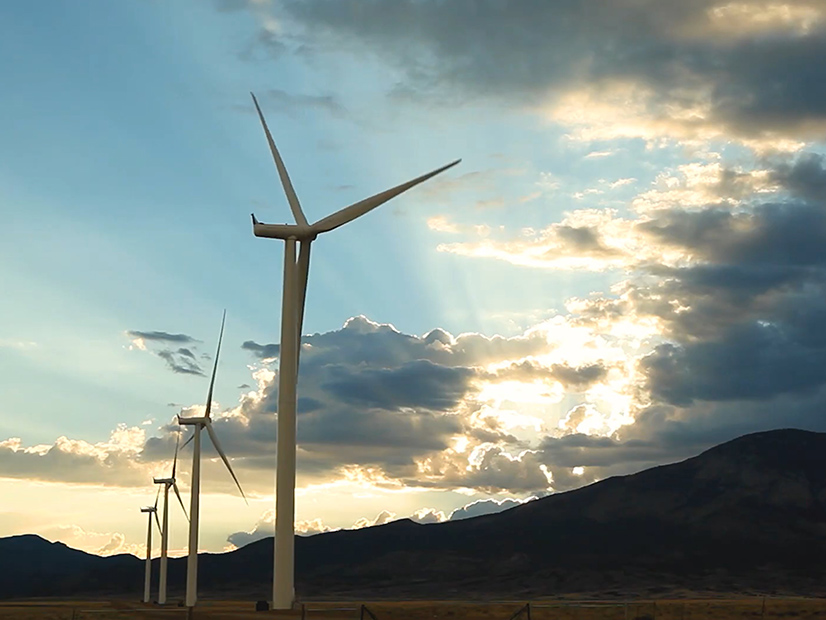MISO is resisting clean-energy developers’ calls to allow penalty-free generator interconnection queue withdrawals for certain projects bogged down by SPP’s affected system studies.
The grid operator contends that respite for some projects is unnecessary because it already has provisions to extend commercial operation dates, and it offers chances at penalty-free withdrawals.
“Interconnection customers are already afforded a three-year grace period from the documented [commercial operation date] to bring a resource commercial,” Ryan Westphal, Interconnection Process Working Group liaison, told stakeholders Monday during an IPWG teleconference.
Westphal said MISO will also offer penalty-free exit after projects receive their affected system study results. However, projects that already have signed a generator interconnection agreement with MISO cannot back out without risking paid per-megawatt milestone fees.
In June, Clean Grid Alliance asked the RTO to consider penalty-free withdrawals or longer extensions for advanced-stage interconnection projects already in limbo while waiting on potentially expensive network upgrade costs from SPP’s study results. (See Clean Grid Asks MISO for Penalty-free IC Exits.)
CGA’s Rhonda Peters said upgrades from the affected system studies (AFS) can be staggering and upend once-promising generation projects.
MISO and SPP have rolled out a new, “first ready, first served” queue priority for generation projects that could affect system impact studies on the seams, affected-system studies and cost assignments for network upgrades. The initiative replaces the grid operators’ previous practice of first studying projects with the earliest queue entry dates. That practice didn’t account for a project’s preparedness. (See FERC OKs New Queue Priority for MISO, SPP Seams Studies.)
Batches of projects that entered MISO’s queue in 2018 and 2019 were left out of the new priority. Staff said those project cycles are destined for GIAs before the changes take effect.
Upon hearing CGA’s pitch for free-and-clear withdrawals and extensions, staff expressed concerned that allowing the penalty-free exits could potentially harm lower-queued projects. MISO usually keeps departing interconnection customers’ milestone fees to minimize the costs of network upgrades on lower-queued projects.
Peters argued that the AFS-assigned upgrades can go as high as $100 million, a figure no one initially expects.
“This is such an extreme level of uncertainty, and it’s such a tough situation for these projects to be in,” she said. “This is unprecedented. The level of uncertainty that these projects face is so extreme that no one could have ever predicted it.”
Peters advocated again for a limited waiver for 2018 cycle projects affected by system impact studies.
Staff pointed out that developers can always seek individual waivers of interconnection procedures through FERC.
Invenergy’s Sophia Dossin said generation developers are in a “Russian roulette situation with these massive, project-killing upgrades.”
Other stakeholders argued that SPP keeps delaying its final batches of system impact studies, making affected system upgrades even murkier.




